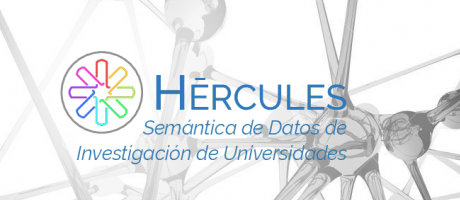7 posts found
How to present open data accessibly
Open data should be inherently accessible, meaning it must be available for free and without barriers that could restrict access and reuse. Accessibility is a fundamental and complex issue because it means that these data sets should not only be available in reusable formats but also that anyone sho…
Invisibilisation and algorithmic discrimination
Digital technology and algorithms have revolutionised the way we live, work and communicate. While promising efficiency, accuracy and convenience, these technologies can exacerbate prejudice and social inequalities exacerbate prejudice and social inequalities and create new forms of exclusion and cr…
Hercules-ASIO Initiative. Integration, publication and consultation of linked open research data.
The Hercules initiative was launched in November 2017, through an agreement between the University of Murcia and the Ministry of Economy, Industry and Competitiveness, with the aim of developing a Research Management System (RMS) based on semantic open data that offers a global view of the research…
Data vocabularies: why are they important?
Each individual, organization or group uses a number of common words in their daily communication, which would be their personal vocabularies. The greater the number of words we use, the greater our ability to communicate, but it can also be a barrier, increasing the difficulty of understanding othe…
Success stories of data exchange between organizations
The "Support center for data exchange”(Support Center for Data Sharing or SCDS in English) was born in 2019 as part of the European strategy to promote a common data ecosystem. It is a space to investigate and report on the practices of so-called data sharing, which they themselves define as “transa…
How to improve the daily lives of people with disabilities using open data
Close your eyes and try to get on without seeing what is around you. Seat you in a wheelchair and determine if it is easy to access public transport and visit your favourite restaurant.
Perhaps you have not tried to live these experiences, but you could imagine the result. Public administrations are…
Digital skills in Europe: the use of ontologies to improve the search for candidates
The increasing concern of European authorities for the management of digital skills among the working population, especially young people, is a growing reality whose management does not seem to have an easy solution.
“The internet and digital technologies are transforming our world. But existi…






